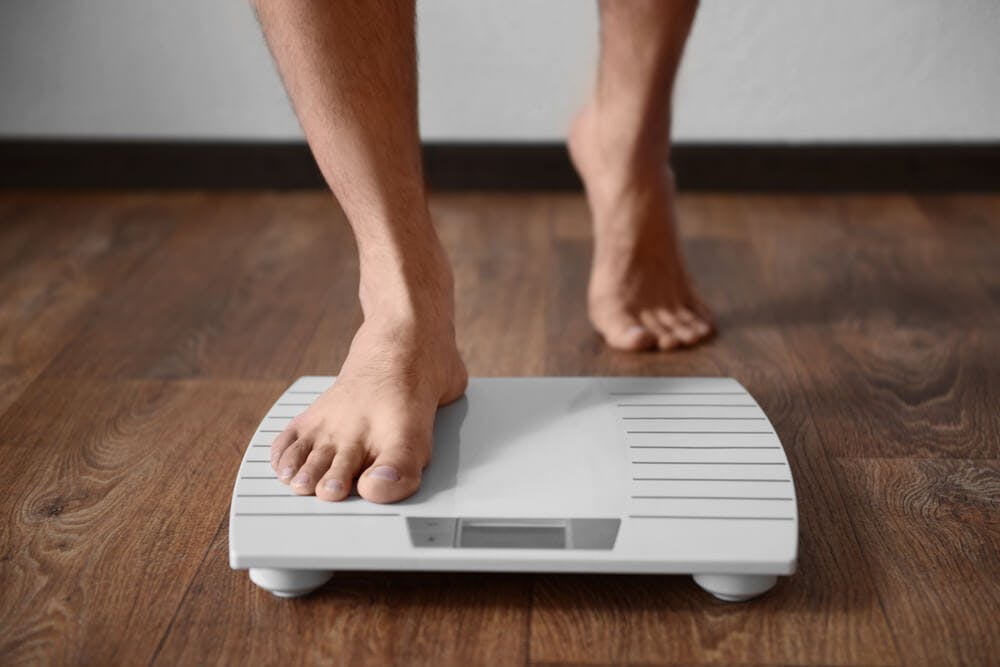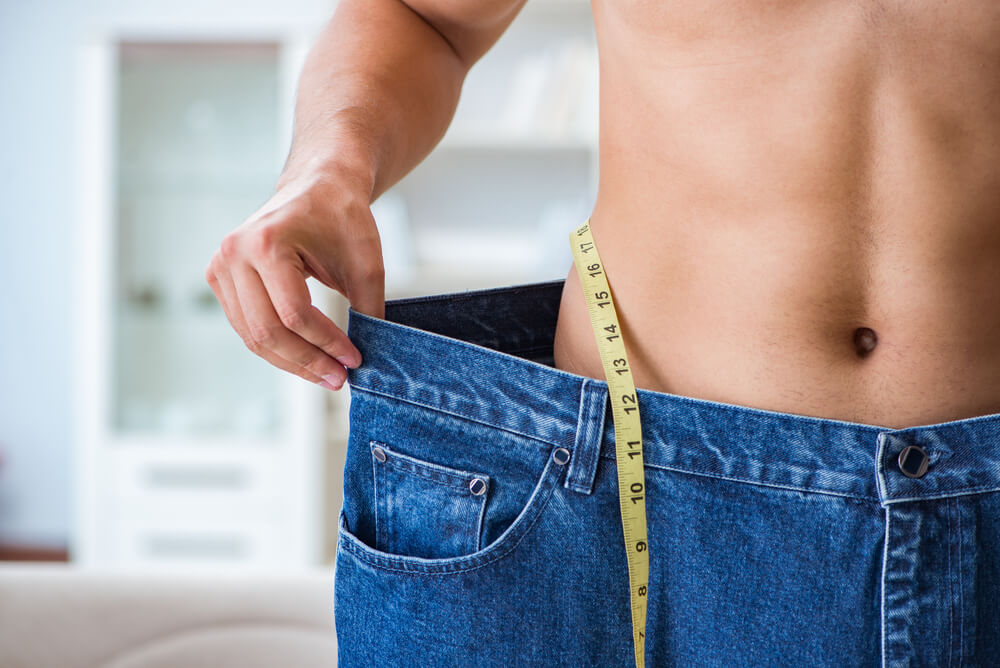


Eating foods that are high in protein and fibre as a part of a balanced diet can assist in losing weight. Remaining in a calorie deficit and participating in regular exercise will also assist in losing weight.
To receive guidance regarding your weight loss concerns, it is recommended that you consult with a healthcare professional or a registered dietitian for personalized advice based on your specific needs and goals.
Want to know what foods help you lose weight? There are many different fad diets and eating plans out there, but not all of them are created equal. In fact, some are downright dangerous. While many diets claim to help you lose weight quickly and easily, they can actually do more harm than good.
What’s important is that instead of blindly following the advice of different programs, you get an understanding of the science behind what certain foods can do for and to your body. At Mosh, we connect you with Australian health practitioners online who can answer any questions you might have about ‘What foods help you lose weight?’ and ‘How long does it take to lose weight?’
As part of our commitment to helping you achieve healthy and sustainable weight loss, our health practitioners are available to review your situation and provide you with any medical, over-the-counter, or coaching solutions that are deemed necessary for your particular needs.

Many people don’t realise that the calories in their food impact them as much as the calories they burn through exercise or daily activities. While counting calories is not a catch-all solution, if you want to lose weight, you have to eat fewer calories than you burn, also known as achieving a calorie deficit.
But aside from how many calories are needed for weight loss, you also want to consider the quality of the calories you are consuming, such as what foods help you lose weight, which we’ll discuss below.
Exercise can help you lose weight by burning calories while you work out and increasing your metabolism, so you keep burning more even after sweating. There are many ways to stay physically active, so it’s important to find something that works for you.
It can be as simple as taking a walk outside or going for a jog. You might also try dancing, weight-lifting, or playing sports with friends. If it helps, find someone else who wants to exercise with you so that they can be your accountability partner.
Here at Mosh, our health practitioners take a holistic approach to weight loss and management and, if needed, can provide evidence-based treatment plans. Since nutrition and exercise are not the only factors that can impact your weight loss abilities, it’s important to find weight loss solutions that work for you and your body specifically.
When you’re thinking about what foods help you lose weight, keep in mind that there is no such thing as ‘negative calorie foods’. However, there are a few different types of foods that can help boost your metabolism. These include:
These are just a few examples of what foods help you lose weight by boosting your metabolism. Talk to your health practitioner at Mosh for personalised advice on which foods are best for you.
Aside from what foods help you lose weight, there are a few different types of foods that you should avoid if you want to lose weight. As a general rule, you want to avoid discretionary foods or those high in saturated fats, added sugar, and salt. These are low-nutrient foods, but they are high in calories.[5]
Sugar does not contain any essential nutrients. Eating too much of this carbohydrate can lead to health problems such as obesity and diabetes.[6] Trans fats also have no nutritional value, but they do raise bad cholesterol levels and increase the risk of heart disease.[7]
Some foods to avoid include:
When you take advantage of Mosh’s services, our health practitioners’ help goes beyond just dictating what you can and cannot eat. If appropriate for your needs, they can recommend a personalised meal plan that you can stick to consistently to get better results in managing your weight.
Weight loss can be achieved by eating low-energy-dense foods. This means eating more food that contains fewer calories. Using the concept of energy density will help you feel full with fewer calories. Incorporating plenty of low-energy-dense foods, such as whole fruits, vegetables, and whole grains, into your diet can make it easier to achieve a calorie deficit without starving yourself.[12]
There are many misleading articles that tell you what foods help you lose weight or what pills help you shred fat. The truth is that every person is different, and so is everybody, so what works for one person may not work for another.
Instead of endlessly scrolling through generic weight loss tips online, consult with one of our Mosh health practitioners. If deemed necessary, they can tailor a weight loss program based on your needs, goals, and physiological condition.
You can ask your health practitioner about weight loss shakes or which vitamins are fat soluble during your consultation. Specific goals and concerns like ‘How to intermittent fast for weight loss?’ are also more than welcome.
So when you’re ready to shed some kilos, get in touch with us at Mosh!
















Want to see how Mosh can help you?